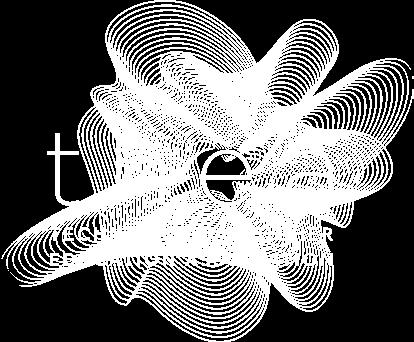




Welcome to the start of an exciting journey! Recognition of Prior Learning (RPL) is all about giving you the opportunity to use your relevant life and work experience as a pathway to and through higher education. Whether you’ve gained skills through formal education, on-the-job training, work, through everyday life or community work, RPL helps to recognise the learning you have already achieved and can support you to take the next step on your learning journey.
The RPL application process can be used to gain access to academic programmes, even if you do not meet the traditional entry requirements. It can also be used to gain module exemptions for learning that you have already achieved, or for advanced entry to programmes to avoid duplication of learning.
In this guide, you’ll find helpful information about RPL—from understanding how it works to identifying where to study, and getting started on your RPL journey. You might be new to the language of higher education, so we’ve provided descriptions of key words at the end of this publication.
Recognition of Prior Learning (RPL) is based on the concept that we all learn everywhere and all of the time. RPL is when a higher education institution recognises what you already know, understand and can do, helping learners to bridge into programmes and leverage the relevant skills and knowledge they have acquired through work experience, informal training, and life experience.
Anyone, regardless of formal qualifications, can apply RPL in higher education.
The RPL process can be used to:
• Gain entry to a programme in higher education.
• Start a programme at an advanced level, like year 2 or 3.
• Gain module exemptions or credit for learning they have already achieved.
How much does it cost?
A small fee may apply for processing RPL applications. It is advised to contact the institution directly for further information.

RPL has opened up new learning opportunities for thousands of people across the country. These stories provide an insight into the transformative impact that RPL has and how it helps learners achieve their potential, bridging various disciplines and career types.
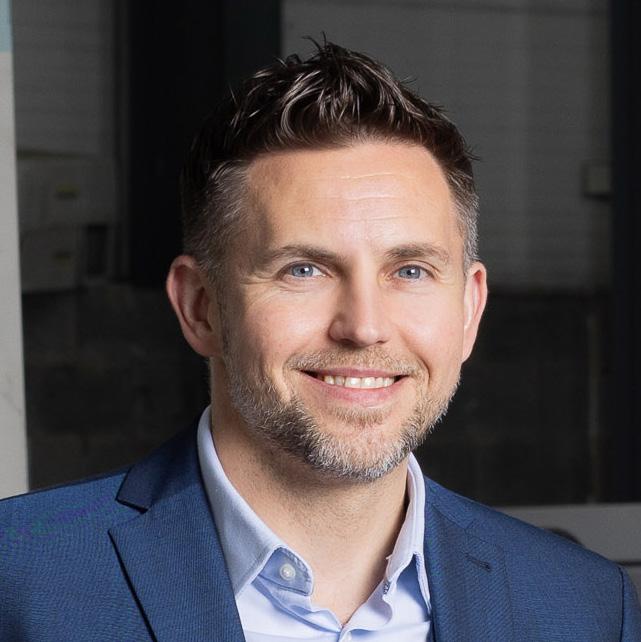
“I gained access to the course because I could prove I had 20 years’ relevant experience under my belt.”
Sean Nixon, RPL Learner at Technological University Dublin MA in Professional Design Practice
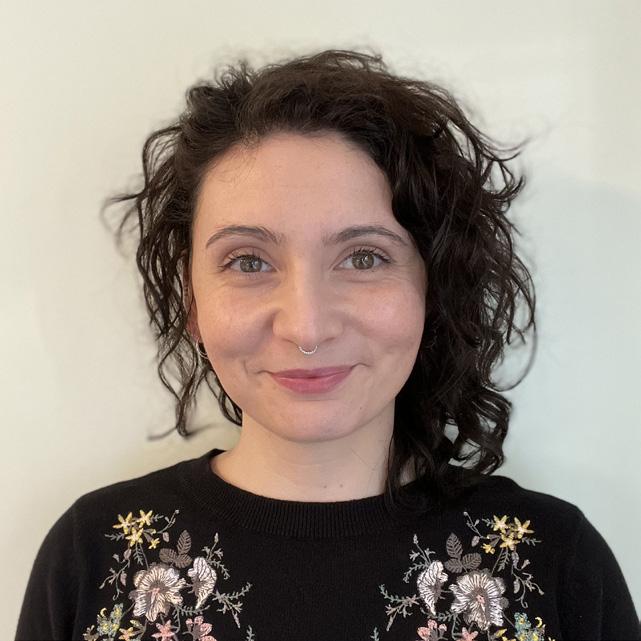
“Seeing my years of practical experience and learning valued was affirming. It made me feel seen and respected, not merely as a candidate lacking a specific credential but as a competent individual whose diverse experiences contribute significantly to my field.”
Gabriella Cannon, RPL Learner at Dún Laoghaire Institute of Art Design and Technology MSc in Cyberpsychology

“RPL has impacted me greatly, now I can sit in meetings with great confidence. The advice I would give to anyone considering RPL is have courage, be brave and take that first step… it’s very rewarding.”
Kevin Farrell, RPL Learner at South East Technological University BBS (Hons) in Aviation Management
RPL opens doors for learners across a wide range of industries, turning real-world experience into recognised qualifications. From business and science to creative arts and even cyberpsychology, there’s something for everyone.
Whether you’ve gained your skills through work, volunteering, or self-study, RPL allows you to take the next step in formalising your learning in a field you’re passionate about or help you to pivot into a new field.
Here are just a few areas our RPL learners have entered into:
MA in Cyberpsychology, Dún Laoghaire Institute of Art Design and Technology
BA (Hons) in Business Social Enterprise Leadership & Management, Technological University of the Shannon
MA Creative Writing, Dublin City University
BSc in Quantity Surveying, Atlantic Technological University
Postgraduate Diploma in Construction Innovation, University of Galway
MA in Business Administration (MBA), South East Technological University
BSc Software Development, Munster Technological University
MA in Sports Development, University of Limerick
MEd in Adult and Community Education, Maynooth University
Postgraduate Certificate for Equity in Brain Health, Global Brain Health Institute (GBHI), Trinity College Dublin
Applying for RPL usually involves a reflective process, where applicants are asked to think about and demonstrate the relevant learning that they have. Because RPL encompasses all types of learning, applicants are often asked to reflect on the different types of learning they have acquired:
• Formal learning takes place through programmes or courses of study that are delivered in an organised, formal way by education providers and that attract awards or credits. Formal learning is sometimes referred to as certified or accredited learning. Under the principle that credit should only be awarded once, such prior learning is given recognition rather than accreditation.
• Non-formal learning takes place alongside or outside the mainstream systems of education and training. It may be assessed but does not lead to formal certification or credit on a framework of qualifications. Examples of non-formal learning are planned learning and training activities undertaken in the workplace, voluntary sector, or in community-based settings.
• Informal learning takes place through life and work (e.g. ‘on-the-job’) experience.
The RPL process generally follows five steps, helping you demonstrate your previous learning and experience. The following illustrates what a typical application process may involve, however this can vary depending on the institution.
1. Information – At this first stage, you are encouraged to find out more about what RPL opportunities are available, visit the RPL webpage of the institution of your choice, and get advice on whether RPL is available on the programme that you are interested in.
2. Identification – You are asked to reflect and identify any learning that is relevant to the programme that you are applying for. If you are interested in gaining access to a programme then your learning should be mapped to the standard programme entry requirements or learning outcomes. This will involve talking to a member of staff in the academic department or the admissions office.
3. Documentation - Once you have identified your relevant learning, document it against the relevant outcomes and gather evidence to support your application. This may involve talking to someone in the admission office or the head of the programme. It is important to consult the relevant process of the higher education institution you are applying for as supports may be provided.
4. Assessment - Once the application is complete, it is then assessed by the higher education institution. In addition to the completed application an institution may use additional assessment methods to confirm the information provided.
5. Recognition or Certification- If successful, the learner will receive formal recognition or certification which can lead to:
• Entry to a programme
• Credit towards an award or exemption from some programme modules
• Advanced entry to a programme
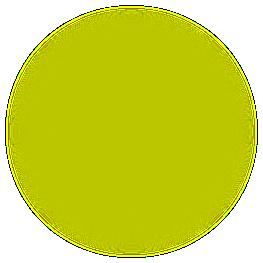
If you are asked to gather evidence of your learning, here are examples of the types of documents you may be asked to submit in support of your RPL application, however requirements will change depending on the institution involved.
• Transcript of results
• Module descriptors
• Training records
• Professional Body Membership
• Certificate from a workplace GMP Course
• Professional certification from a CAD and 3D course
• Certificate of a two day in-house training course

When applying for RPL in higher education, learners need to provide evidence that demonstrates their informal learning. This evidence may show that they have achieved the required learning outcomes or programme entry requirements for the specific course or module. Here’s a list of ways learners might evidence their informal learning:
• Job Descriptions: Provide detailed accounts of roles and responsibilities relevant to the course or programme.
• Workplace Reports or Project Documents: Submit examples of written reports, completed work projects, or other formal documents created in a professional capacity.
A reflective account detailing experiences, learning, and skills developed over time. This could include specific examples and insights on how these experiences relate to the learning outcomes of the intended programme. This can also include informal learning experiences such as caregiving, community service, or self-directed projects.
Letters from organisations or clients served can support this, together with details of tasks undertaken, specific roles or responsibilities and initiatives or activities that you were involved in. Examples might include reports, research, or management modules completed as part of the volunteer work.
Letters or testimonials from employers, supervisors, or mentors verifying the learner’s experience, skills, and competencies in relevant areas. These should be detailed and reference specific competencies where possible.
Documentation of skills gained through volunteering, community service, or non-profit projects. Include evaluations or summaries of skills gained from unpaid or voluntary roles. Letters from organisations or clients served can support this, alongside any project outcomes.
Records of any self-paced or self-directed learning that you have engaged in, such as online courses, MOOCs, or certifications. Certificates of completion, summaries of knowledge gained, or personal notes are useful. Include evidence of practical application, such as the use of computer applications or participation in relevant sporting achievements.
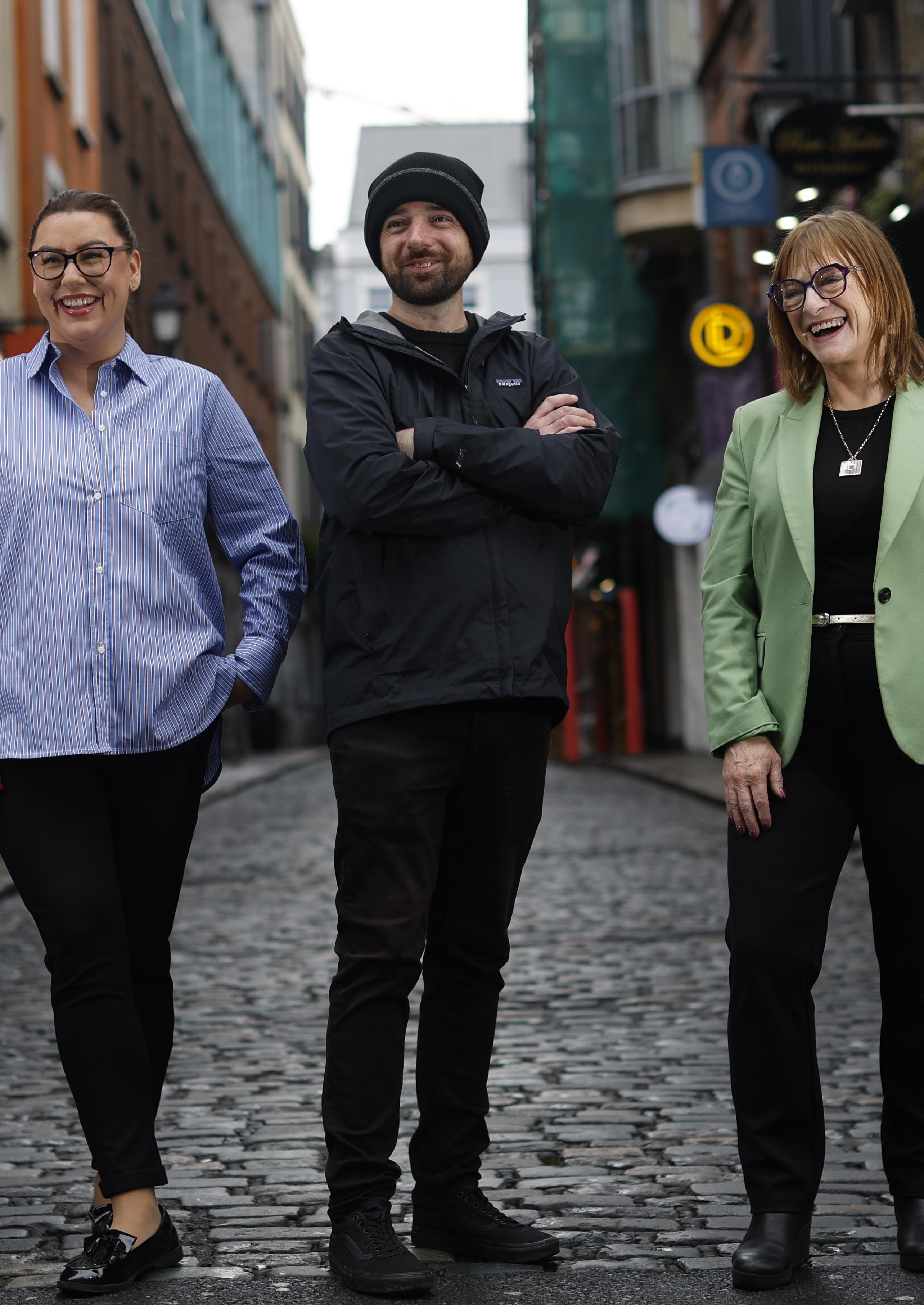
RPL helps to recognise and give value to ‘invisible’ learning and relevant skills that people have acquired through work or other life experiences that may not otherwise be recognised.
Provides a pathway to and through higher, promoting inclusivity and wider participation.
RPL may reduce the amount of time and cost required to acquire a qualification.
Encourages lifelong learning, benefiting learners of all ages, including those pursuing new careers, career pivot or professional development.
Ready to take the next step? Here’s how to get started with your RPL application:
Research your options:
Scan the QR code to see the 14 higher education institutions across Ireland where RPL may be used. Institutions include Technological Universities, traditional Universities, and Institutes of Technology.

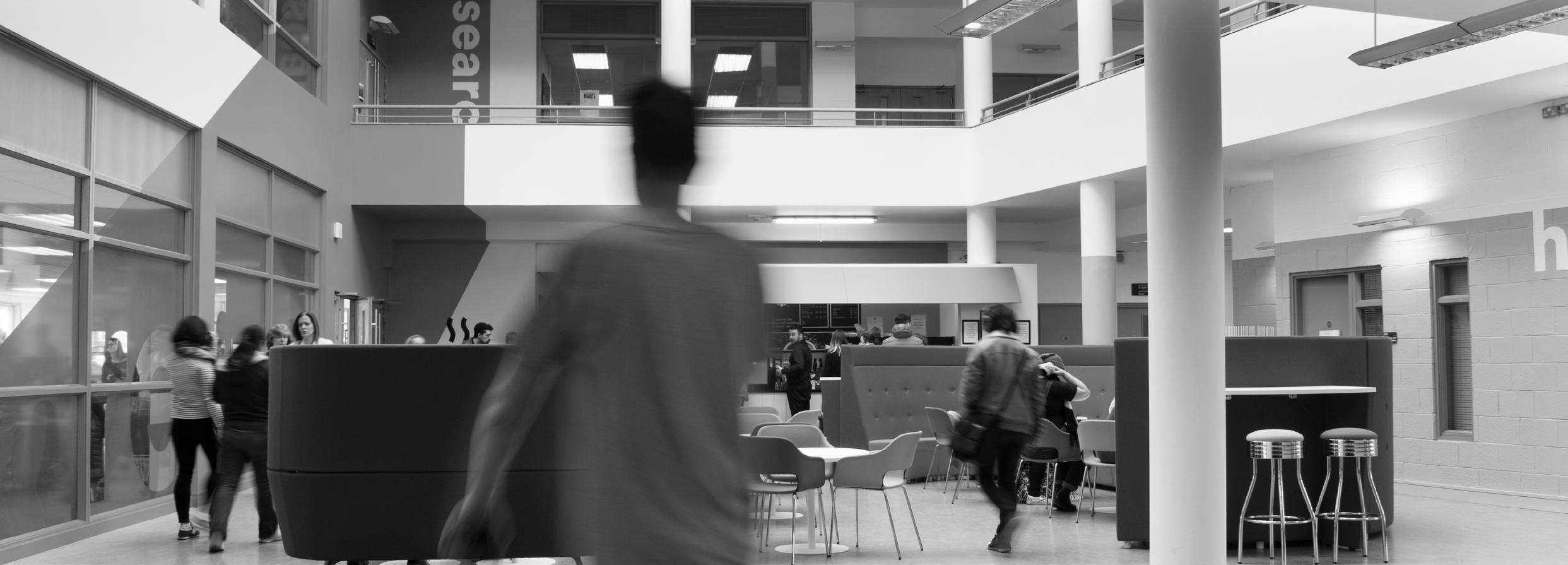
We’ve put together a description of some of the key words around RPL which you might find useful.
Recognition: Recognition is the process by which prior learning is given a value by a higher education institution. This ‘value’ can help you for example, to gain entry to a programme or course, or help you obtain exemptions or credit for parts of the programme.
Prior: This is learning that you have already achieved, including learning that hasn’t been assessed before. Prior learning encompasses all the learning you have, regardless of where it’s been acquired.
Formal, Informal and Non-formal Learning: We sometimes breakdown learning into three different categories to help you reflect fully on what you already know, understand and can do:
• Formal learning, e.g. learning from school or college
• Non-formal learning, e.g. learning acquired through industry training
• Informal, e.g. learning acquired ‘on-the-job’ or through volunteering/community work.
Learning Outcome: A learning outcome is a statement of what you should know, understand and be able to demonstrate at the end of a process of learning, e.g. after completing a module. If for example, you are applying for a module exemption or credit, you will need to demonstrate that your prior learning meets the learning outcomes of the module.
Microcredentials: These are small, accredited courses designed to meet the demands of learners. Micro-credentials offer a highly flexible, bite-sized and accessible way of upskilling and reskilling.
Module: This is an individual unit of learning or assessment in a particular subject area.
RPL for Entry: If you have relevant prior learning, you may be able to use it to gain entry to a programme or course, including microcredientials. This is most helpful for learners who otherwise wouldn’t meet the traditional entry requirements. For example, you may be able to access a Level 9 master’s programme, even though you don’t have the traditional entry requirement i.e. a level 8 degree. This RPL is also referred to as ‘RPL for Access’.
RPL for Exemption(s) and Credits: Learners with relevant prior formal learning may receive recognition of their learning in the form of exemptions. As credit can only be awarded once, prior formal learning is recognised, rather than accredited. With prior non-formal and informal learning, the learning can be assessed and accreditation granted where the learning presented satisfactorily meets the learning outcomes of the relevant module. Awarding of exemptions and credit are for complete modules (rather than part of a module).
RPL for Full Awards: In some HEIs, RPL may be used to gain a full academic award. The availability of this type of RPL is at the discretion of each Higher Education Institution(HEI). Further information on the types of RPL on offer is available on institutional webpages.
RPL for Advanced Entry: RPL may be used to gain entry to an advanced stage of a programme (for example year 2) following a process of assessment where the applicant is deemed to have learning equivalent to the overall learning of the previous stage(s).
For further information regarding the RPL in Higher Education Project, you can find us at: priorlearning.ie
For information on RPL opportunities in higher education, please visit our ‘Where to study’ page and contact your preferred institution directly.
out what RPL can do for you.
